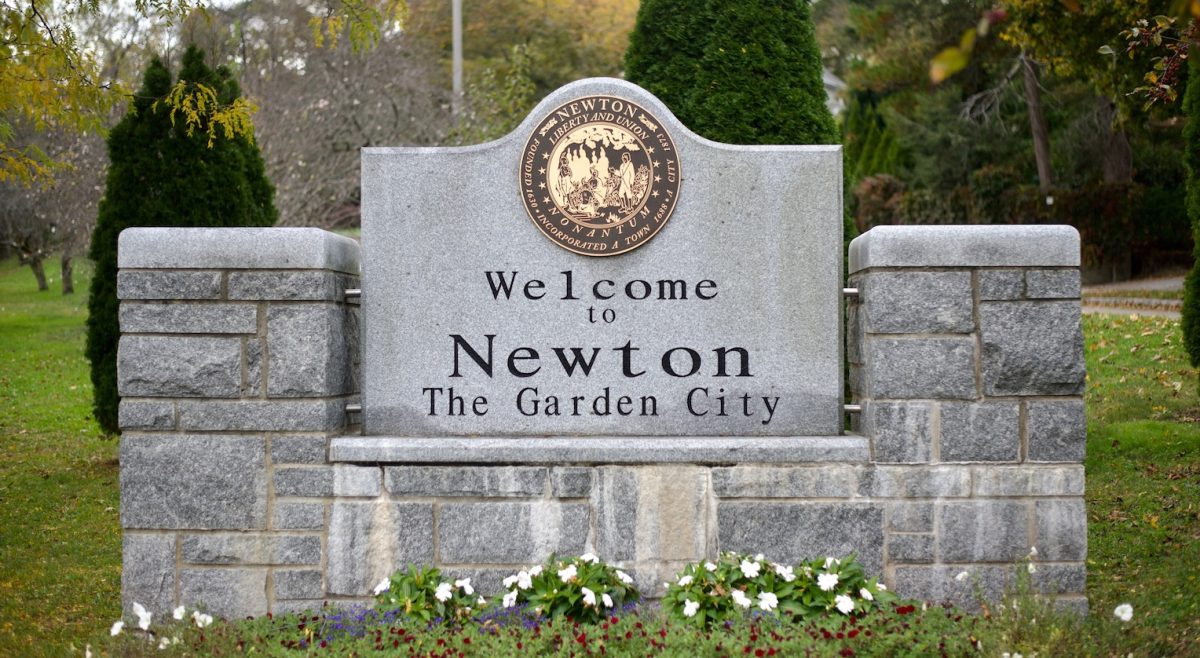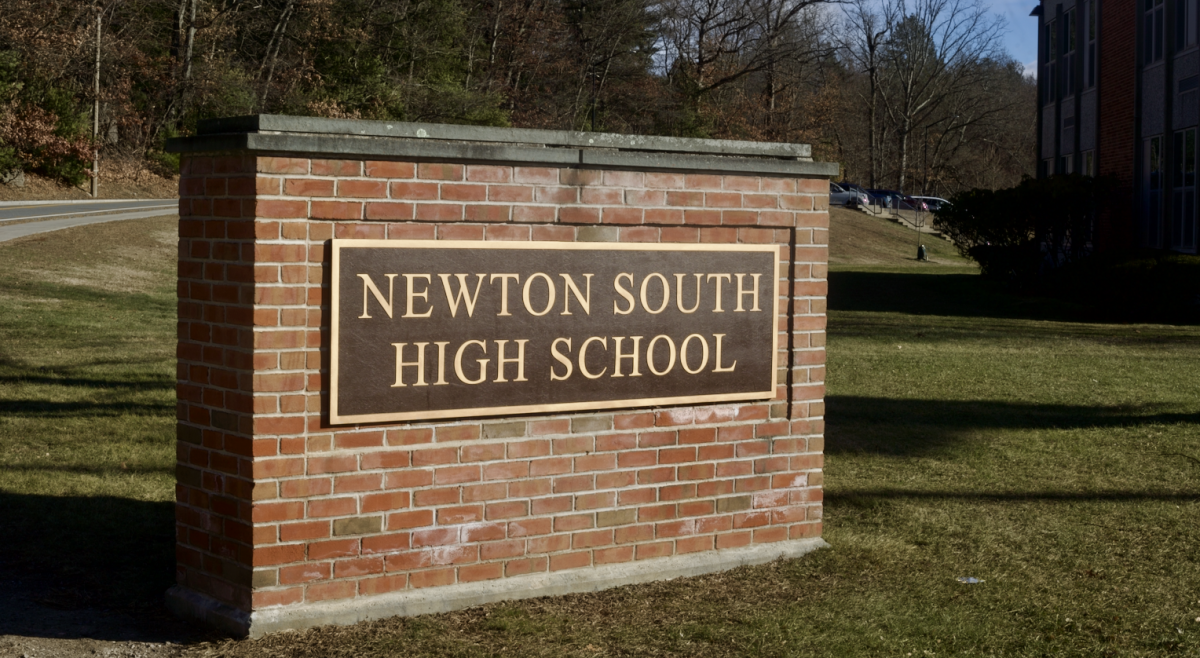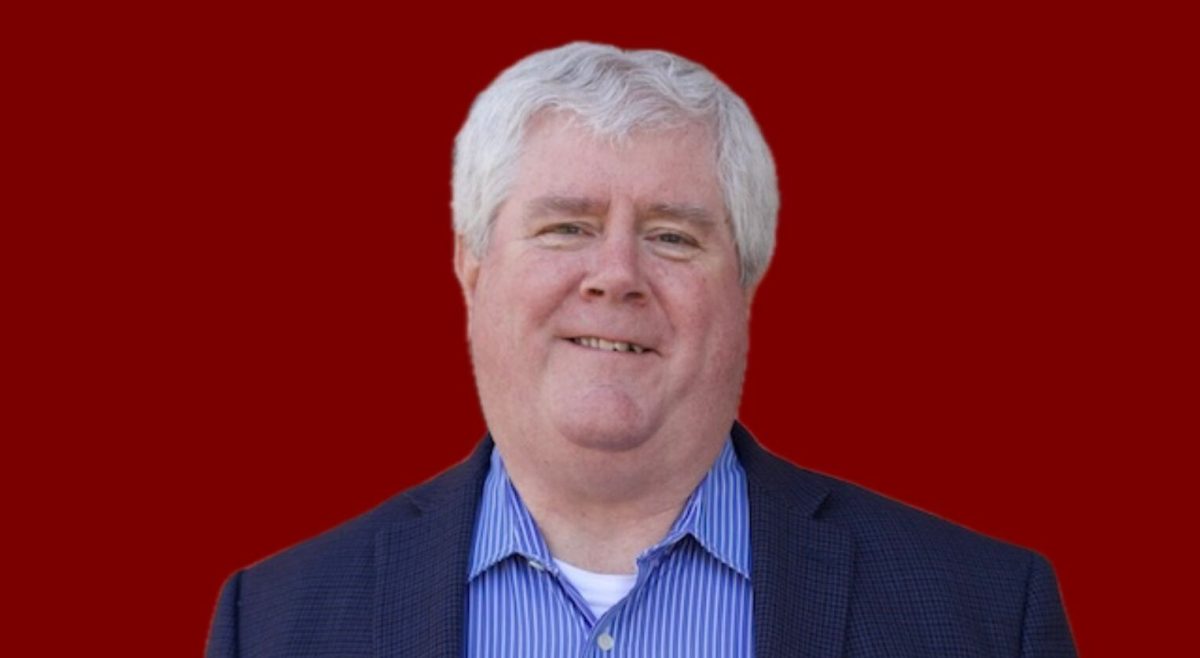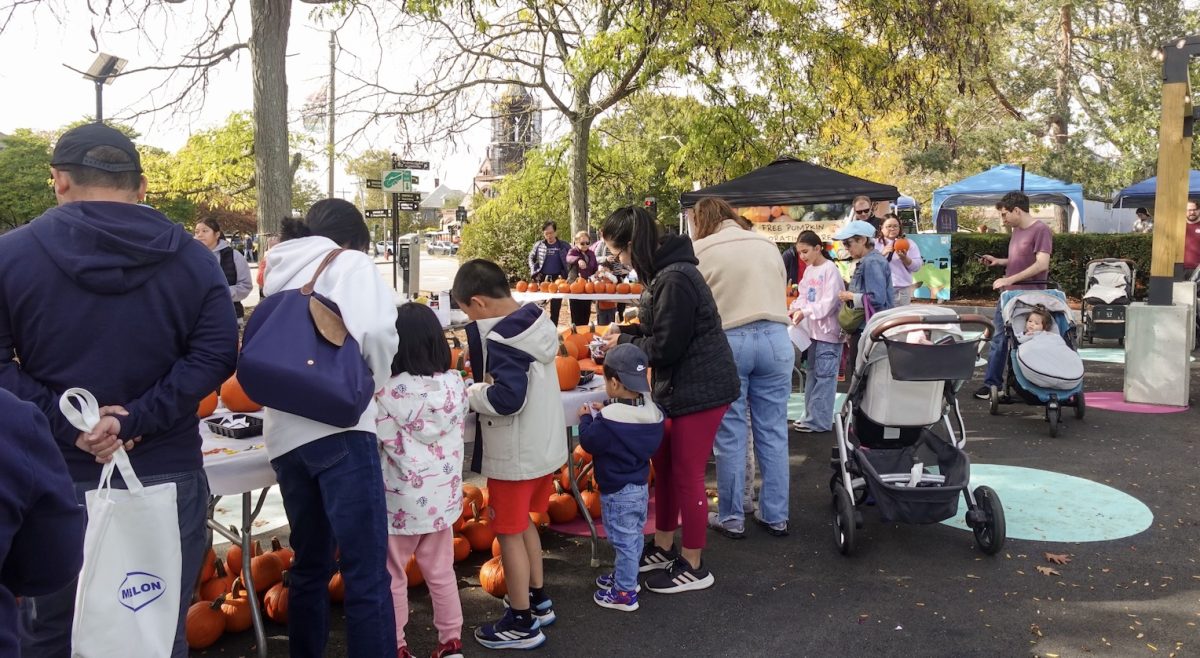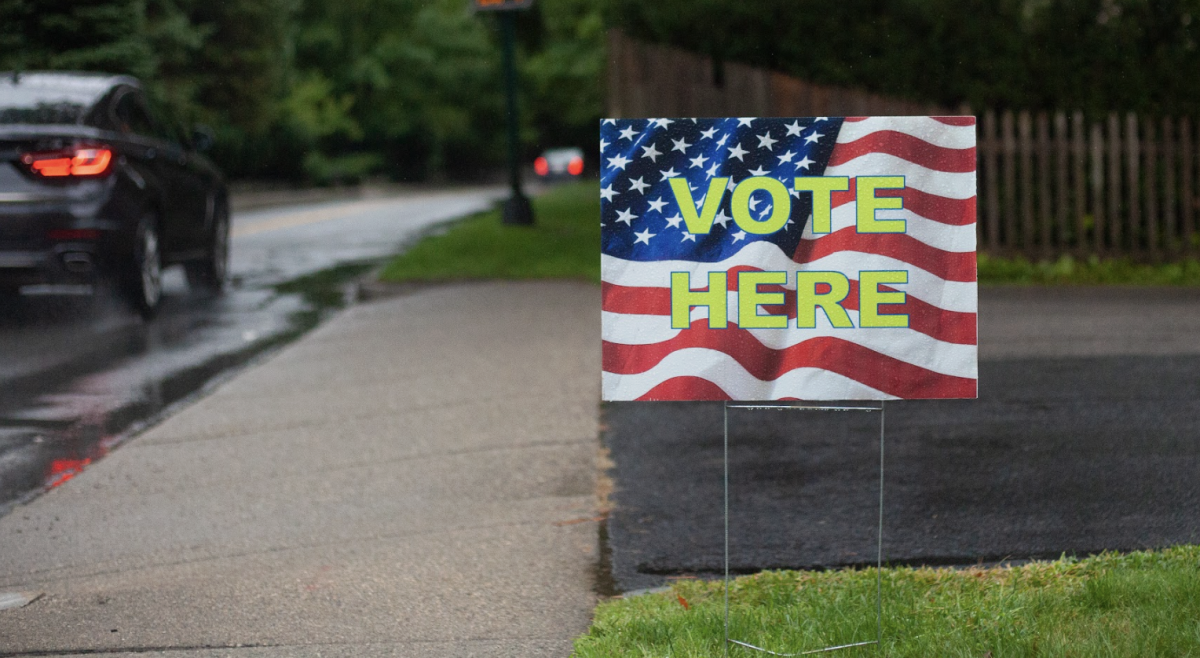Newton Mayor Ruthanne Fuller discussed the progress the city has made and the obstacles that it faces in her third State of the City address, which she delivered in the City Council Chambers Tuesday evening. In her speech, Fuller focused on three major challenges: rising home prices, traffic congestion, and threats due to climate change.
Fuller thanked the city’s employees, its neighbors, and her colleagues for sharing the vision of building a better Newton.
“Two years into my term, I am more convinced than ever that we will achieve that collective goal because so many do so much together to move our city forward,” Fuller said.
There are still, however, serious housing challenges that the city needs to address, the mayor said.
“We need different types of housing, especially for our older residents, and we need more housing that is affordable,” she said. “New buildings must be sustainable and green. New projects have to address transportation and traffic effectively. Development has to add to our quality of life through design that is human-scaled, feels like Newton, and incorporates green spaces and gathering spots.”
In response to these challenges, the city will diversify its housing stock to make housing available to people of all incomes. The city’s plan includes the possible conversion of the West Newton Armory into affordable housing.
To address the interrelated issues of transportation, economic development, climate change, and quality of life, the city will also redesign its zoning ordinance, according to Fuller. She also addressed the ongoing controversies over the Northland Development Project. The outcome of a referendum on March 3 will determine whether the City Council will rescind its permit of the development.
On the issue of traffic congestion, Fuller said that the city will improve road infrastructures and provide better alternatives to driving, which includes possibly changing the city’s bike-sharing provider from Lime to Bluebikes. Fuller also said that she said she contacted Stephanie Pollack, secretary and CEO of MassDOT, regarding improving Newton’s public transportation, and the city has some ongoing improvement plans already.
Regarding climate change, Fuller talked about the measures that the city has taken to reduce its carbon footprint, such as the city replacing its sedans with electric vehicles and installing more electric vehicle charging stations. She also discussed the city’s first climate action plan, which recommends strategies for the city to ultimately reach carbon neutrality.
Fuller also recounted the City Council’s decision to seize Webster Woods from Boston College as part of a larger effort to protect open spaces.
“This forest will remain intact in perpetuity, this generation and all the generations to come, because of a strong and permanent conservation restriction,” Fuller said. “Let’s continue this important work by preserving, expanding, and upgrading parks and fields across the city.”
The mayor said that she is confident of the future of the city in the new decade.
“With our great team of educators and public employees, elected officials and residents, business people and nonprofit leaders, with our goals for an even better Newton, and a community committed to respect, diversity, and acceptance, I can tell you with confidence, the state of our city is strong, and the future is bright,” she said.
Featured Image Courtesy of Wikimedia commons








